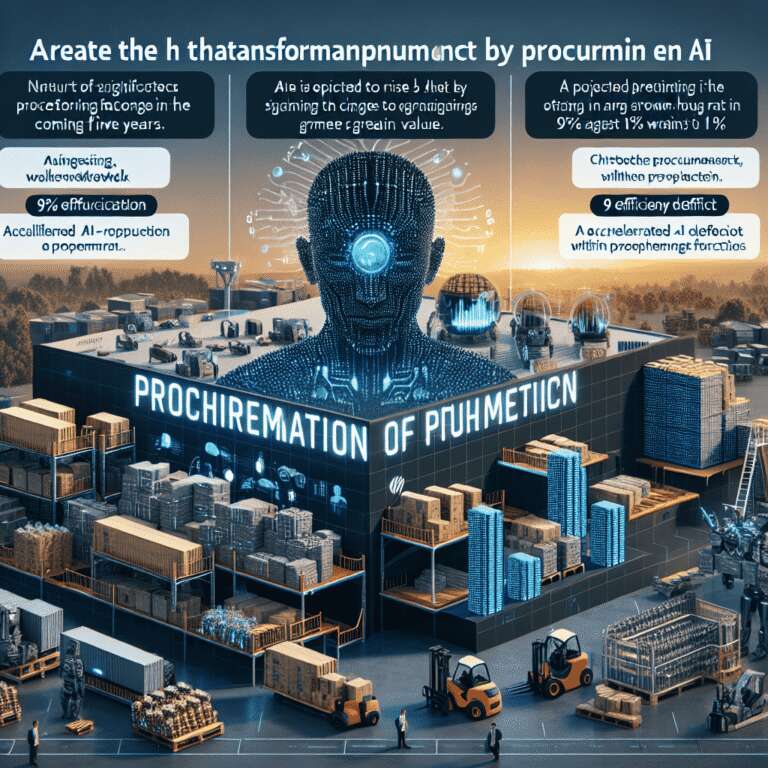The Hackett Group, Inc., a generative artificial intelligence strategic consultancy firm, has published findings from its 2025 Key Issues Study indicating that Artificial Intelligence is poised to fundamentally reshape procurement roles. The report reveals that 64% of procurement leaders foresee AI transforming their roles within the next five years. There is, however, a looming challenge as workload is expected to rise by 10% with only a 1% growth in budgets, creating a 9% efficiency gap.
Christopher Sawchuk, principal and Global Procurement Executive Advisory practice leader at The Hackett Group, emphasized the necessity for accelerated AI adoption in procurement to improve efficiency and value. Early users of AI have reported significant improvements in productivity and cost, though the primary opportunity lies in the broader application of AI-driven transformation in areas such as sourcing, contract management, and supplier collaboration.
The study highlights several AI applications in procurement, including order processing and spend analytics. In 2024, nearly half of procurement teams engaged in pilot AI initiatives, observing substantial productivity gains. The report also pinpoints critical barriers to AI scaling, such as data quality, supplier volatility, and regulatory concerns. Procurement teams are advised to leverage digitalization, prioritize scalable use cases, and upskill staff to fully realize the potential benefits of AI-driven transformation.
Moreover, procurement organizations are urged to transition towards intelligent automation to manage rising operational demands while addressing key concerns like spend reduction and supply continuity. Investments in new and existing gen AI technologies are part of strategies to bridge existing efficiency gaps, reflecting a broader shift towards AI adoption.

